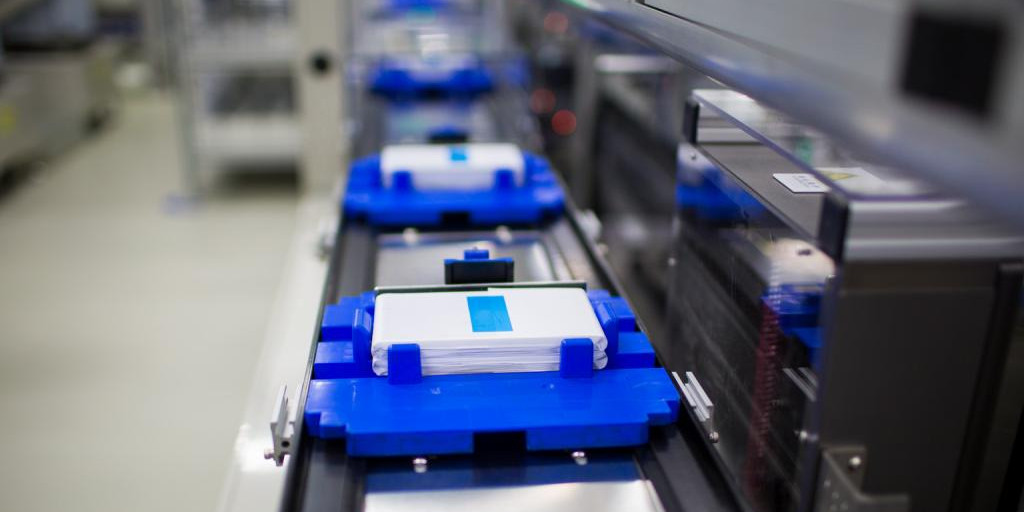China needs to review EV battery emissions, CATL founder says

China should boost initiatives to study and monitor carbon footprints across the electric-vehicle battery supply chain because the nation has “apparently fallen behind,” according to Zeng Yuqun, chairman of leading battery manufacturer Contemporary Amperex Technology Co.
China is one of the world’s major vehicle-battery production centers but seems to have lagged behind other countries in terms of handling emissions in the manufacturing process, Zeng, founder of the Ningde, Fujian-based company, said Saturday at the World New Energy Vehicle Congress in Beijing.
Representatives at the meeting suggested the government should follow international standards and urged it to: establish an up-to-date carbon-emission database; encourage enterprises to improve production facilities; invest more in low energy-consumption products; and further develop battery-recycling businesses.
While emissions from electric vehicles also depend on the source of power generation, they are generally a fraction of those from traditional cars. However, there has some concern raised by the amount of pollution during the production process of the batteries that power them.
Some electric vehicle makers are “blindly” chasing bigger products that offer longer ranges, which lead to a higher consumption of energy per unit and therefore of resources, Chen Hong, chairman of SAIC Motor Corp Ltd., said at the gathering. “These should not be counted as truly low-carbon products.”
Chen and executives also expressed their concerns over the increase in costs of raw materials, which they say has helped restrict the further development of the new energy vehicle industry in China.
“The companies on the mid-to-lower part of the value chain, in particular carmakers, are enduring huge cost pressure,” Chen said. “We are all working for the miners.”
Lithium, cobalt, nickel and graphite are crucial minerals used in lithium-ion batteries. Market commodity costs for lithium carbonate, specifically, have been surging for over a year, with prices averaging $70,650 a ton in China at the end of July 2022, up almost eightfold from September 2021, according to a BloombergNEF report.
Soaring prices
The soaring prices of raw materials and imbalanced distribution over the value chain has been a drag on many automakers’ profitability, which is missing the industry’s forecast, Zhu Huarong, chairman of Chongqing Changan Automobile Co., said.
Despite ongoing cost pressure and Covid disruptions, deliveries of new-energy vehicles more than doubled in July to about 486,000 units — accounting for 26.7% of the new auto market, according to data from the China Passenger Car Association, which raised its annual sales forecast to 6 million vehicles from 5.5 million.
Zhu said he believed it was time to set an agenda to stop the sales of gasoline cars. The technological development of new energy passenger vehicles — wholly electric cars, plug-in hybrids and range-extended EVs — is “relatively mature,” and could provide the preliminary conditions for the halting of the local internal combustion engine vehicle market, he said.
{{ commodity.name }}
{{ post.title }}
{{ post.date }}




Comments